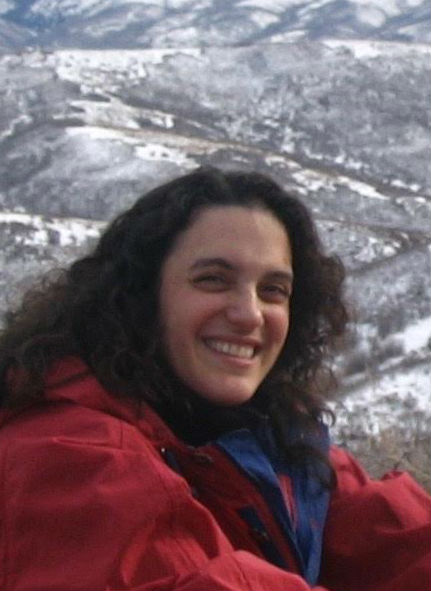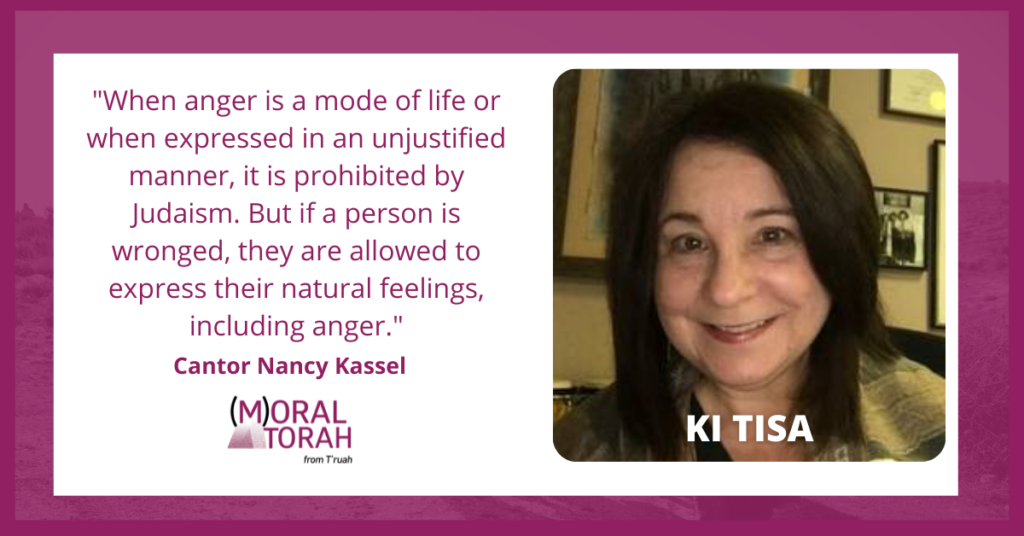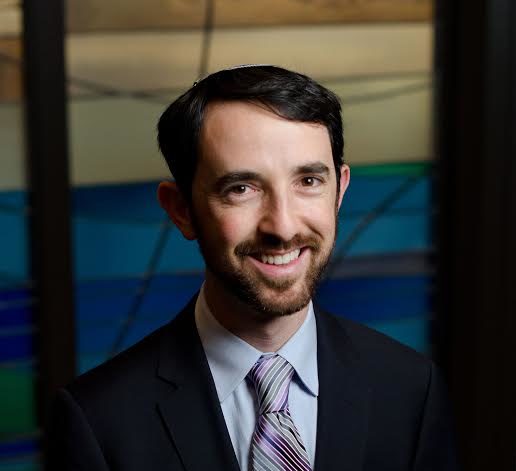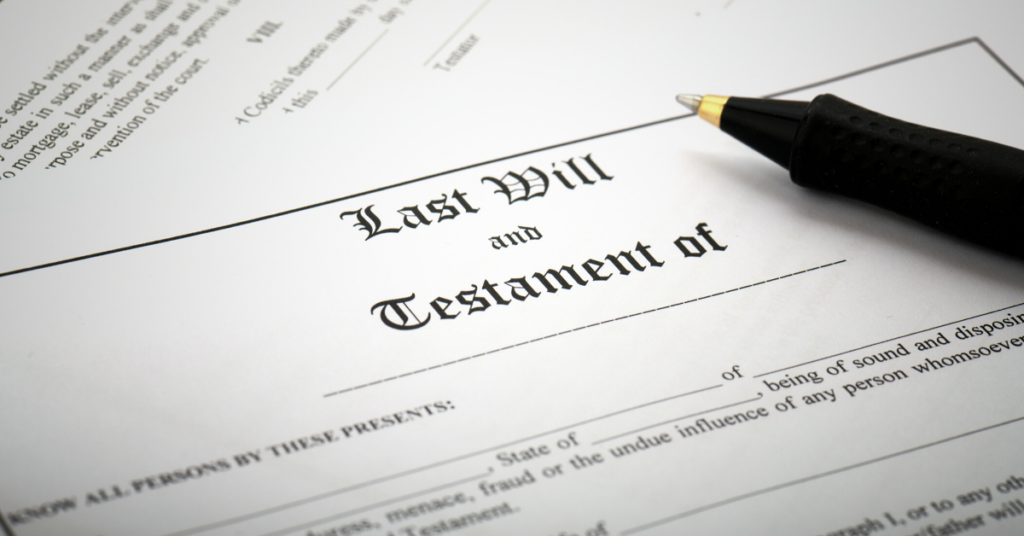
How Patience Destroys the Hope of Redemption
My step-daughter has a very distinctive sense of style, part Goth, part Emo, part anime, part steam-punk, part Asian, part her. She is also very petite, and finds it hard to find the clothes that she likes in her size. We recently realized that we can often find things that fit her if we order...
read more

What’s “Anger” Got to Do With It?
When anger is a mode of life or when expressed in an unjustified manner, it is prohibited by Judaism. But if a person is wronged, they are allowed to express their natural feelings, including anger.
read more

The Paradox of Havdalah
This is the law of the animal, the bird, every living soul that swarms in the water, and for every creature that creeps on the ground; to distinguish between the impure and the pure, and between creatures that may be eaten and the creatures that may not be eaten. (Lev. 11:47; Artscroll translation) Parashat Shmini...
read more

The Voice of God
The image of God—tzelem Elohim—is often front and center in animating Jewish human rights work. The recent release of the movie Exodus: Gods and Kings (which, admittedly, I have not seen) gave me pause to contemplate the tzelem’s counterpart—the voice of God. Director Ridley Scott is taking some flak for casting 11-year-old Isaac Andrews as...
read more

The Holiest Place on Earth
Think of all the reasons you can get kicked out of Disneyland: if you are caught cutting in line; if you take video on roller coasters; if you smoke in undesignated areas; if you (an adult) dress up as a Disney character. (I love this last one!) I know that for some people, Disneyland/World are...
read more

Joseph’s Jailor and Gideon’s Trumpet: The Scourge of Wrongful Conviction
The Biblical Joseph evokes the dreamer, technicolor coat, and predictions that saved Egypt from famine. Less often recalled is the Joseph who rotted in jail for a crime he didn’t commit. Joseph’s slavemaster Potiphar summarily incarcerated Joseph based on the lie of Potiphar’s wife that Joseph had come on to her when, in fact, Joseph...
read more

Genesis and Gender
Chapter one of Breshit presents an account of creation that provides the ontological foundation for human rights. God creates human beings in the divine image. And having done so, God proclaims that the entire creation is “very good.” The great Hasidic teacher the Kedushat Levi, riffing on the line in the morning prayer “yotzer or...
read more

Justice for the Land and Its Inhabitants
Commentary on Parshat Behar (Leviticus 25:1 – 26:2) In Leviticus 25, the Torah famously explains the practice of the sabbatical year (shmitah) and the jubilee year (yovel), in which those who work the land refrain from farming in order to let the land rest. It’s not hard to see a connection between the ancient practice...
read more

To Transform Our Economic System, We Need to Challenge Inheritance
Mahlah, Noa, Hoglah, Milcah, and Tirzah, the daughters of Zelophehad, recognize and name another crisis, which is that the inheritance laws are set so that families with only daughters are unable to inherit land and instead their families lose their access to land. The five women respond powerfully to the crisis of their father’s death, and a structural shortcoming, with an eye towards intergenerational shifts rather than short-term reform.
read more

